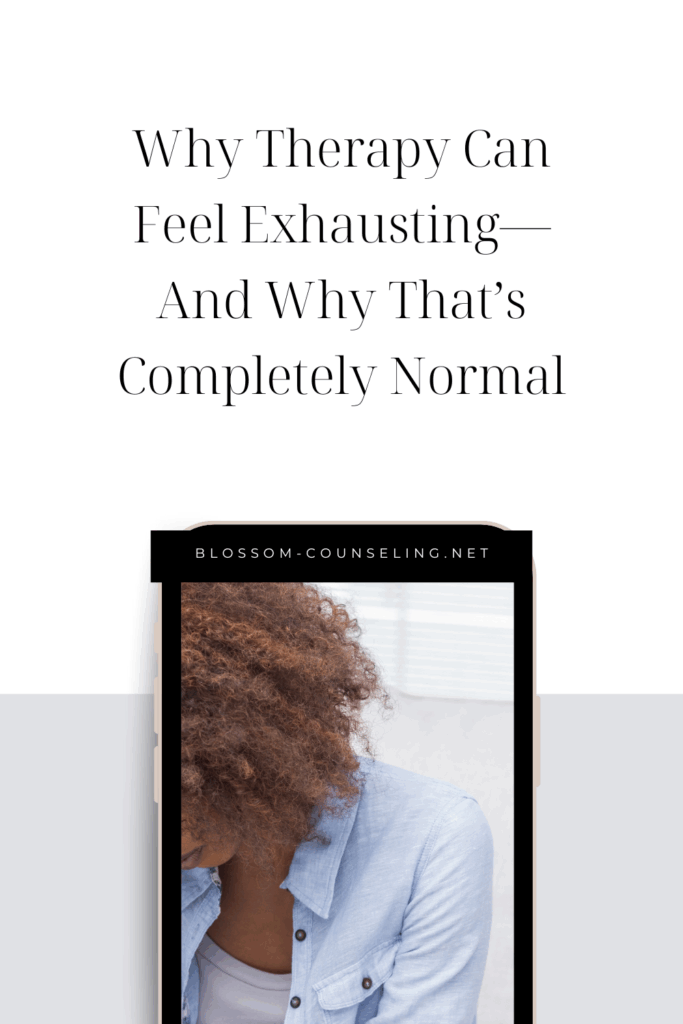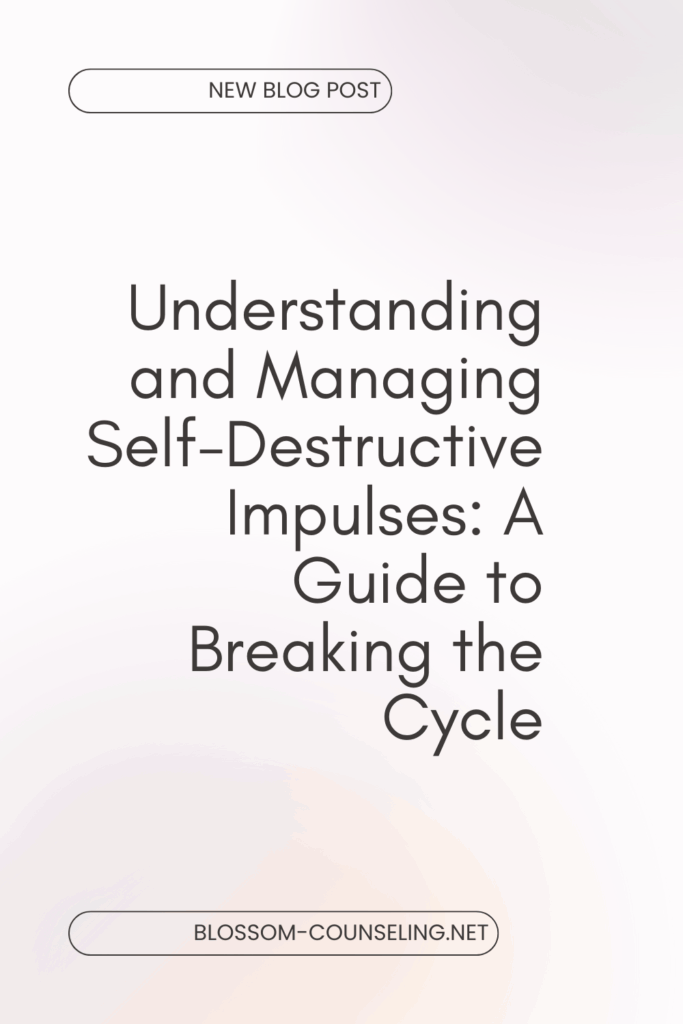
Selecting the right mental health provider is a pivotal step toward personal growth and emotional well-being. This decision, akin to choosing a new friend or partner who will accompany you on your journey of self-discovery, requires thoughtfulness and a clear understanding of your own needs. Here’s how to navigate the process to ensure the best fit for your mental health journey.
Understand Your Needs
Before diving into the sea of potential therapists, take a moment to reflect on what you need from therapy. Are you looking for strategies to manage anxiety? Perhaps you need tools to deal with life transitions or support through a period of grief. Identifying your primary concerns will guide your search and help you articulate your needs to potential providers.
Check Credentials and Specializations
Mental health professionals come with different credentials—psychologists, psychiatrists, licensed clinical social workers, and more, each offering different services. For instance, if medication might be on your radar, a psychiatrist should be part of your team. If you’re looking to dig deep into behavioral patterns, a psychologist might be your go-to. Specializations matter as well—some therapists focus on specific therapies like cognitive-behavioral therapy (CBT) or are specialized in areas like trauma, addiction, or family counseling.
Consider the Therapeutic Approach
Therapists use various theoretical approaches that influence how they perceive and address your concerns. Some adopt a more structured method, like CBT, which is goal-oriented and focuses on problem-solving. Others may use a psychodynamic approach, exploring past experiences to understand current behaviors. Research these methods to see which aligns with your personality and goals. Remember, the effectiveness of therapy often hinges on how the approach resonates with you.
Logistics Matter
Your therapy experience can be significantly impacted by logistics. Location is crucial; a conveniently located office can make the difference in sticking to your therapy sessions. Nowadays, many therapists also offer online sessions, providing flexibility that might be perfect for your busy schedule. Additionally, consider their availability—does the therapist have session times that align with your lifestyle? Ease of access and convenience can enhance your therapy experience.
Evaluate the Connection
The therapeutic relationship is foundational to successful therapy. It’s important to feel comfortable and safe with your mental health provider. Initial consultations or first sessions are a great way to gauge how you feel about a therapist’s style and demeanor. Do they listen well? Do they seem to understand your concerns? Trust your gut feeling; a therapist who makes you feel understood and at ease from the start can be a great choice.
Insurance and Financial Considerations
Understanding the financial aspect of therapy is crucial. Check whether the therapist accepts your insurance or offers a sliding scale payment option if you’re paying out of pocket. Knowing the costs upfront can help you manage your budget and avoid any surprises, making your therapy journey smoother and more sustainable.
Seek Feedback and Recommendations
Sometimes, the best way to find a great therapist is through recommendations. Ask friends, family, or even your primary care doctor. People often share names of therapists when they have had positive experiences. Additionally, online reviews and testimonials can provide insights into others’ experiences with specific mental health providers.
Reflect on Diversity and Cultural Competence
For many, it’s important that a therapist understands and respects their cultural background, gender identity, or life experiences. Providers who are culturally competent and share or respect your identity can significantly enhance the therapeutic experience. They are likely to offer a safe space where you can freely express yourself and your unique challenges.
Choosing a mental health provider is a personal journey that requires introspection, research, and sometimes a bit of trial and error. By considering these factors, you are better equipped to find someone who not only understands your challenges but also facilitates a pathway to greater self-awareness and emotional health. Remember, this is a significant step toward self-care, and finding the right match is crucial to making the most of your therapeutic journey.
Our team of compassionate therapists is here to help you find the support you need. We believe in a holistic approach, treating your mind, body, and spirit. With a blend of traditional and alternative therapies, we tailor your experience to meet your unique needs. At Blossom, we create a non-judgmental space where you can be your authentic self. Our goal is to empower you, amplify your strengths, and help you create lasting change. Together, we’ll navigate life’s challenges and help you bloom, grow, blossom! You deserve to become the best version of you.




